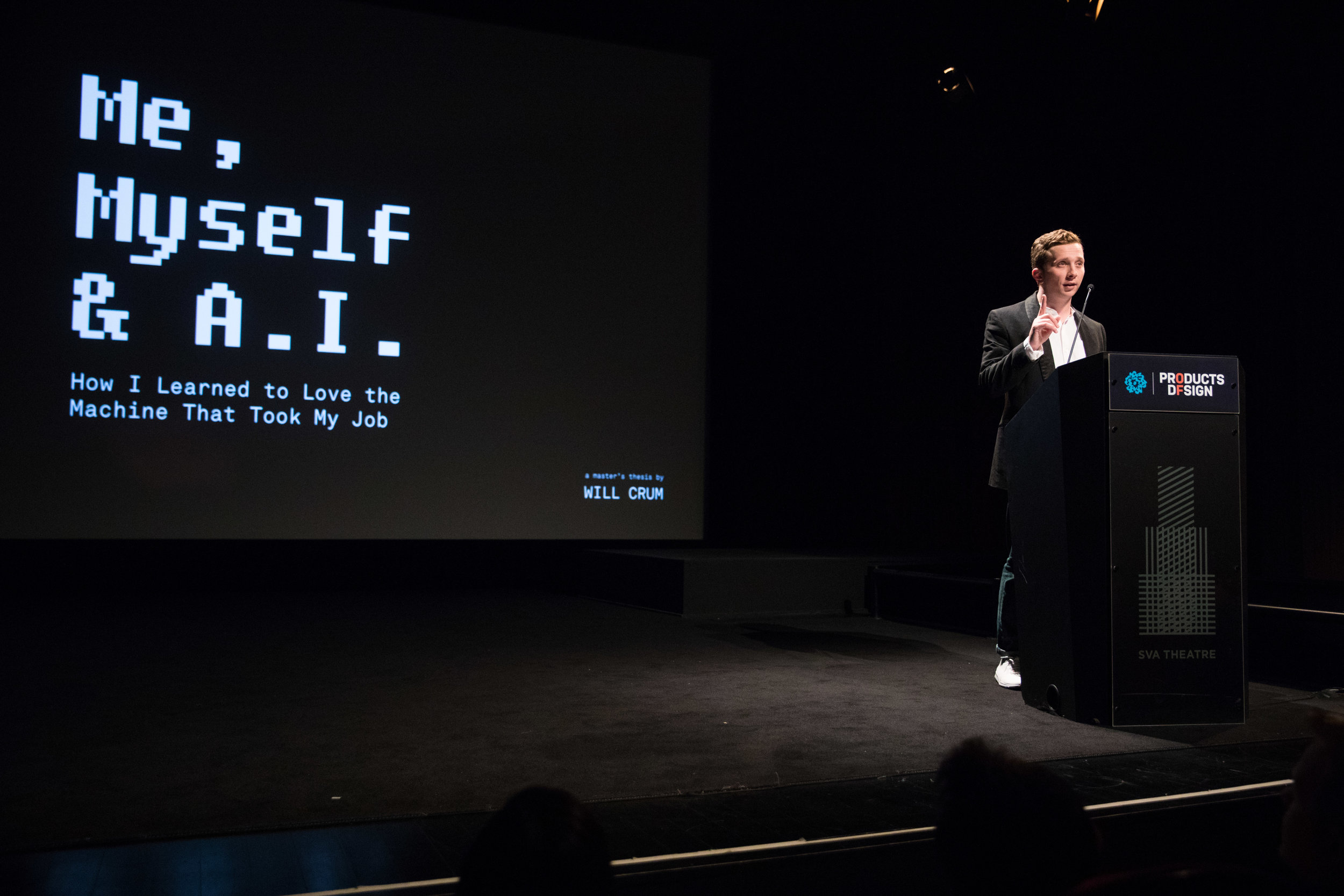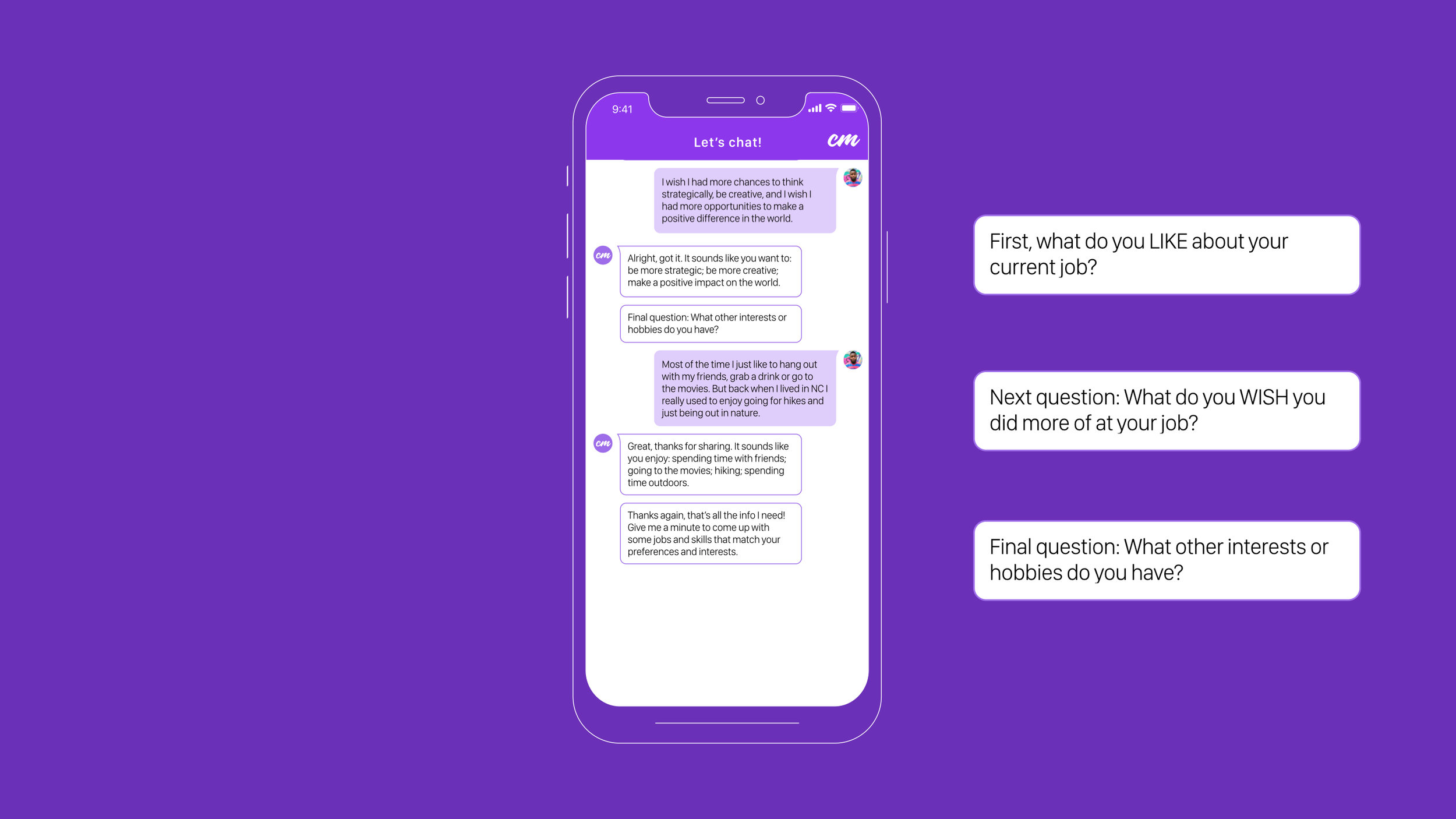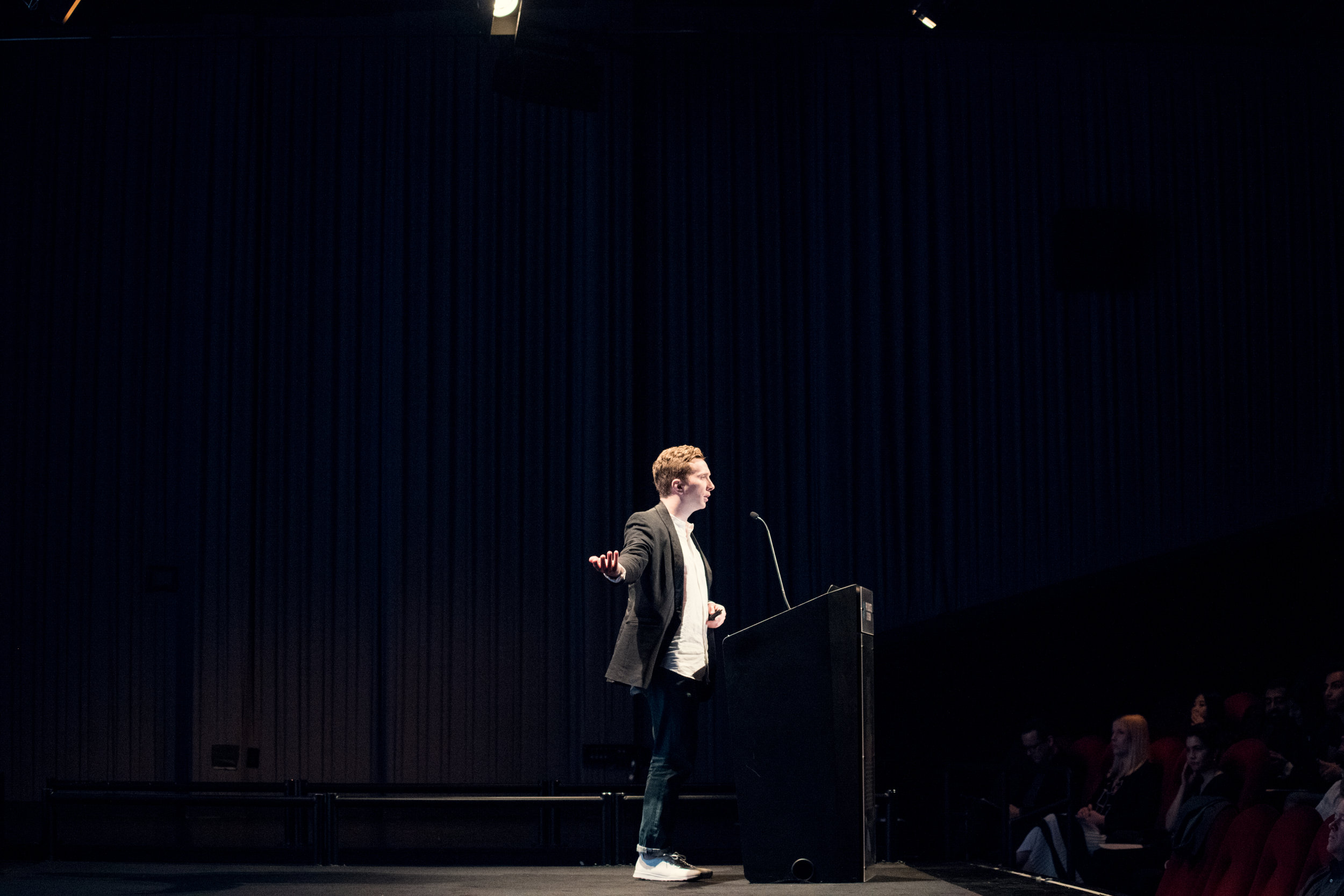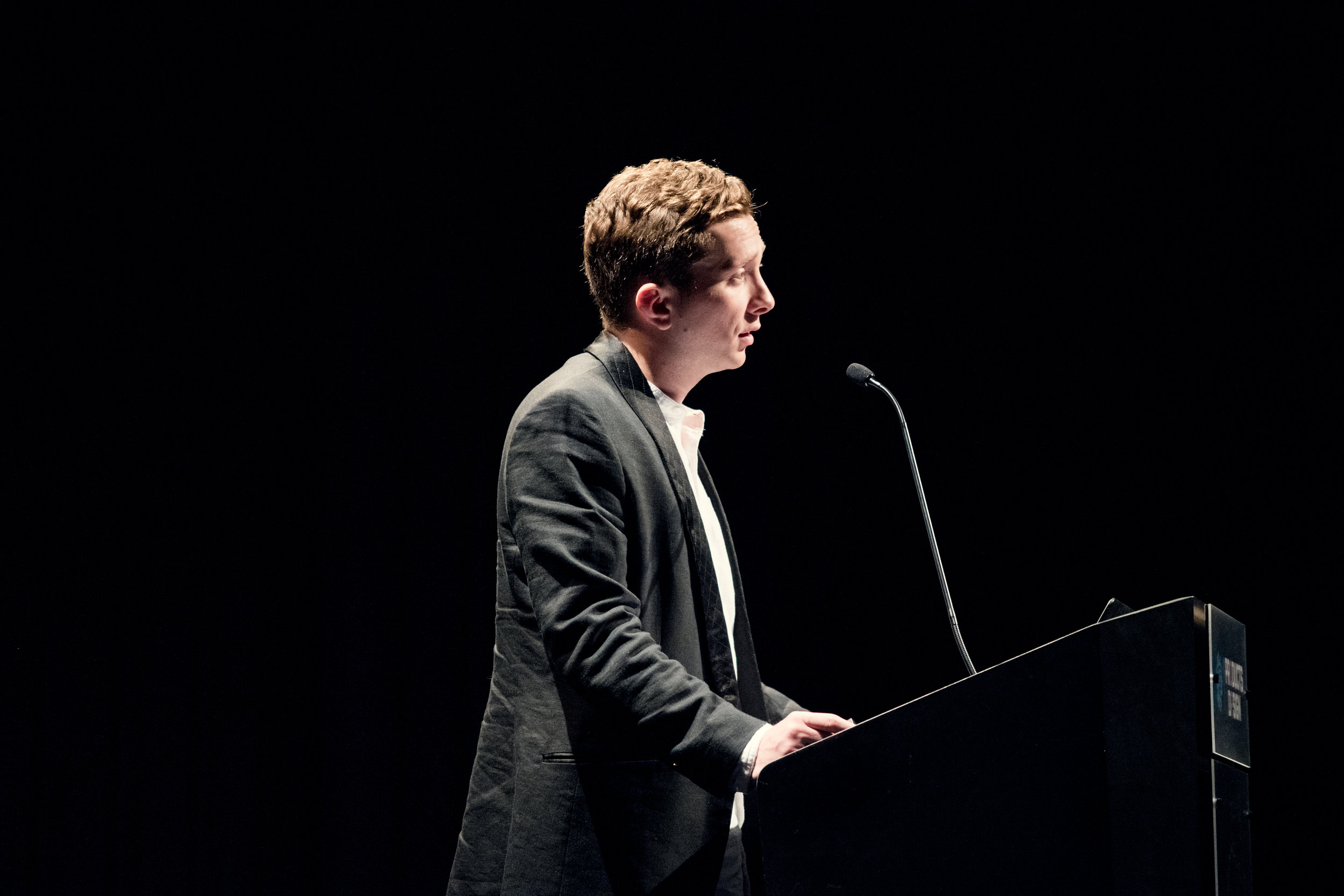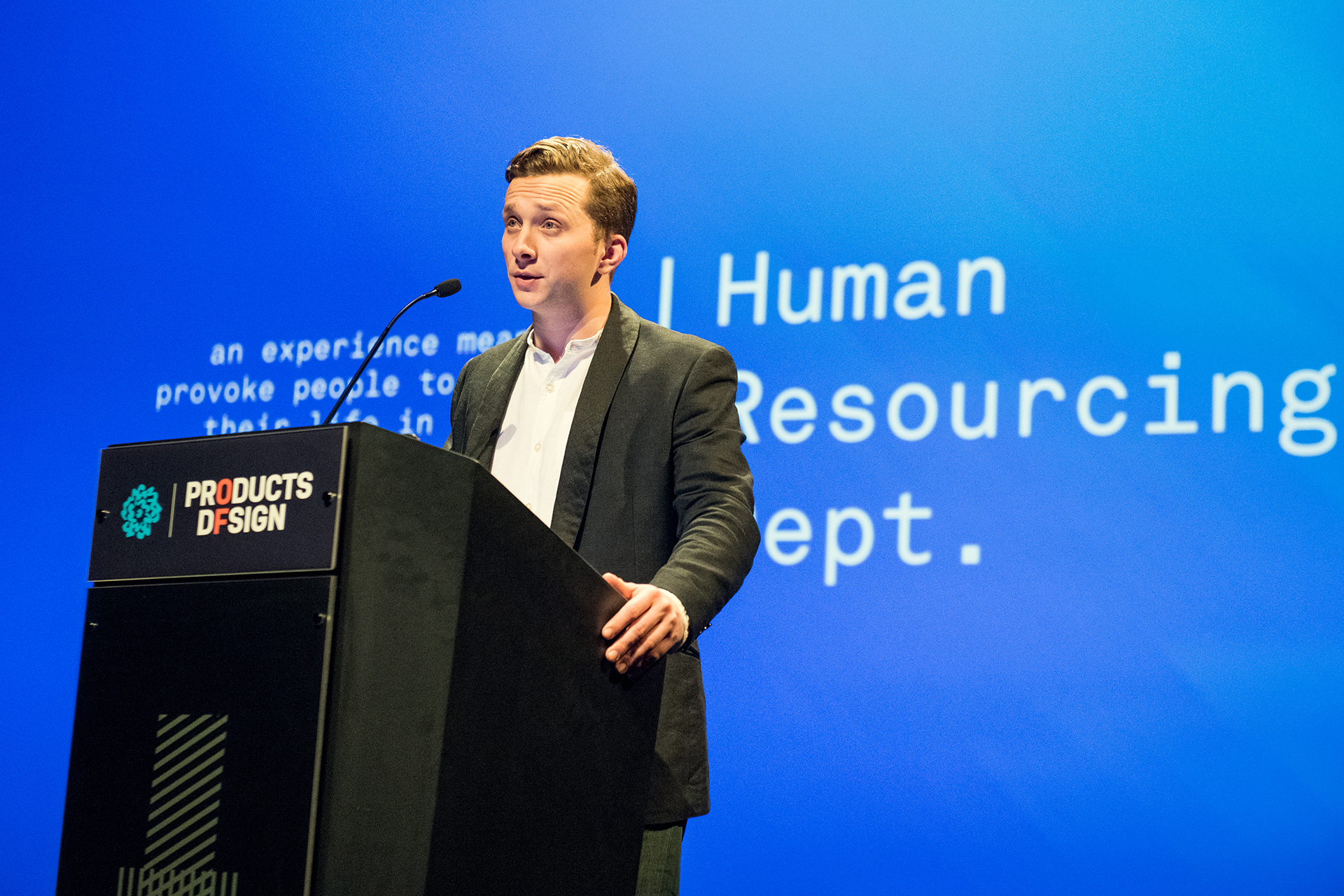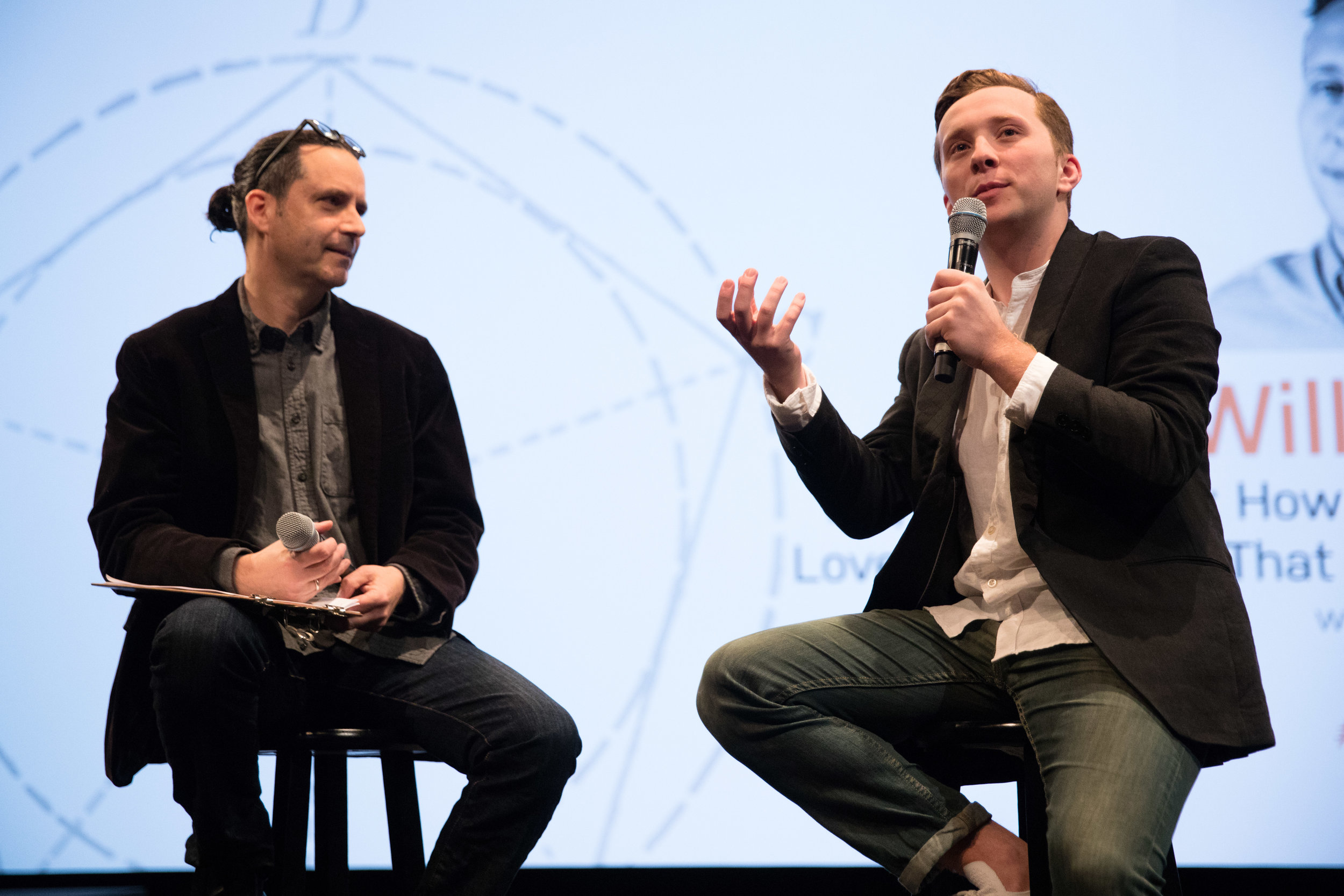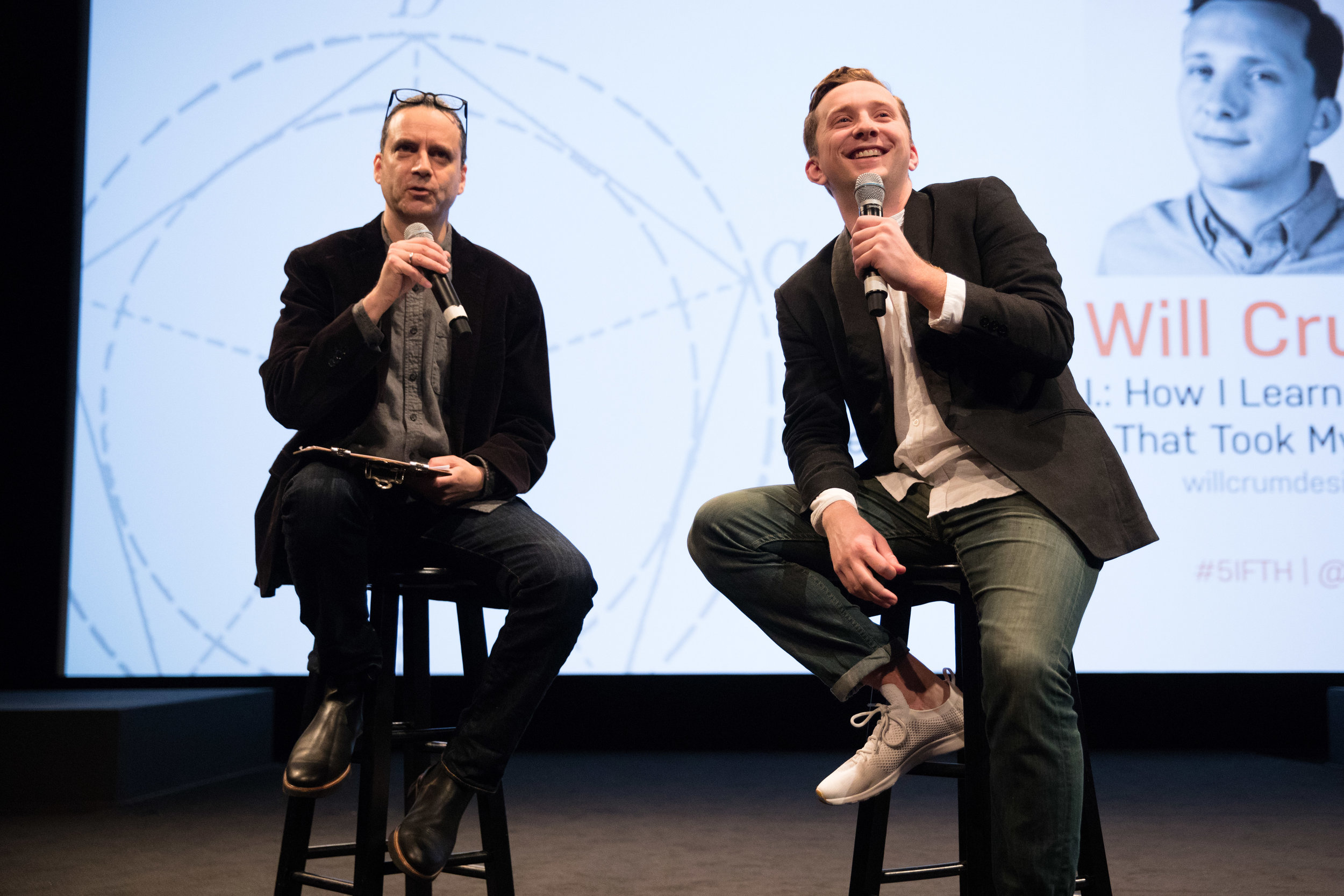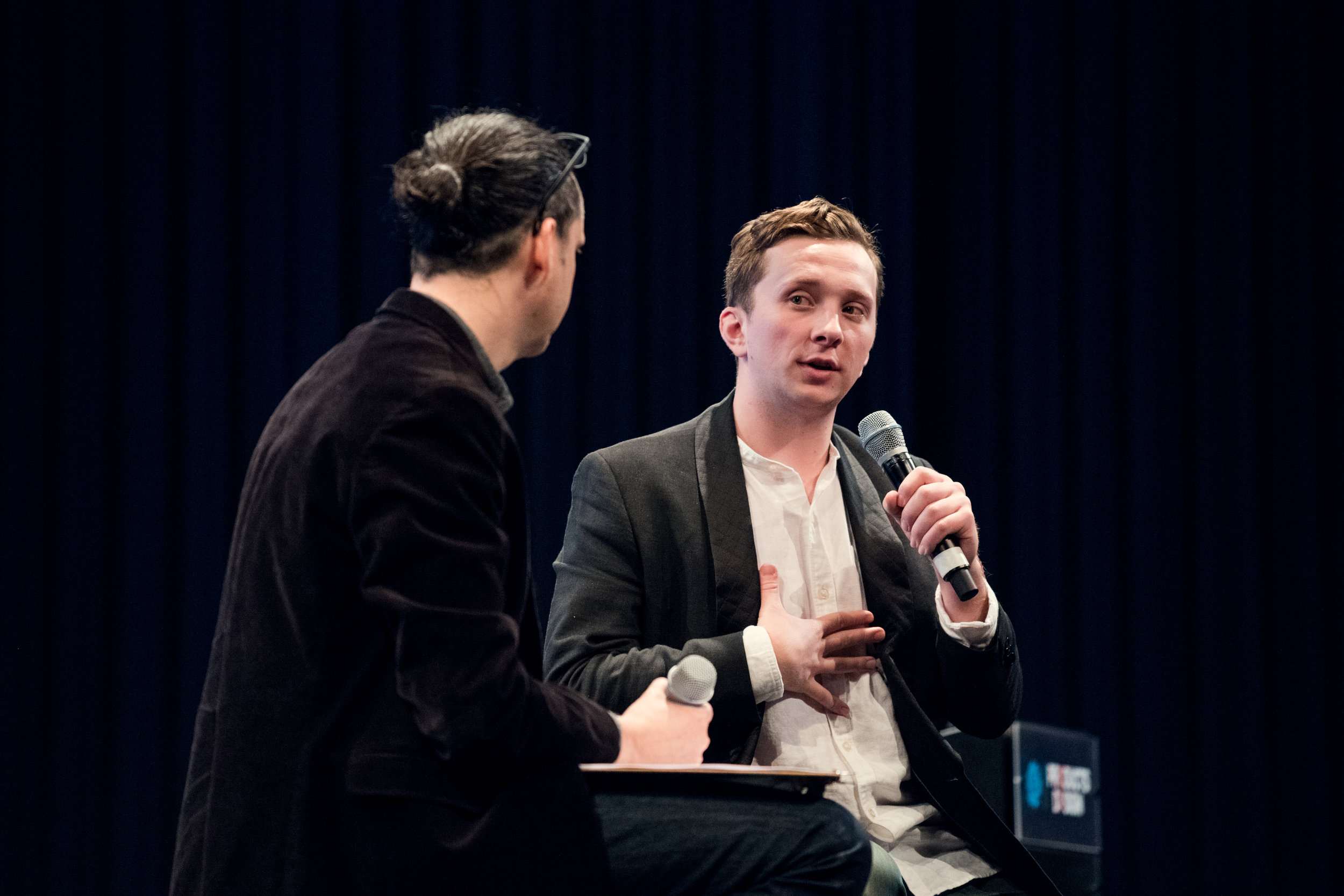Me, Myself & A.I.
As artificial intelligence’s capabilities continue to expand, there’s a growing anxiety that the impending AI Revolution may automate more jobs than it creates — triggering a crisis of worker displacement to rival the Dust Bowl and the Great Depression. In response, I developed Me, Myself and A.I.: How I Learned to Love the Machine That Took my Job, a thesis of speculative designs that imagine near and distant futures where AI is used to increase individual agency — not diminish it. Developed in my second and final year at SVA's Products of Design MFA program, these proposals and provocations address access to work and other ways to protect human dignity in an automated age.
While the Hollywood definition of AI — machines that think just like people — is still light-years away, AI is already taking over the world. Task-specific, “narrow” AI is rapidly eclipsing human capabilities in areas like image recognition, voice recognition and natural language processing, promising to transform countless professions. The McKinsey Global Institute found that 50% of current work activities could be automated today, and as much as 14% of the global workforce could be obsolete by 2030. When I learned this, I realized what my thesis was actually about: the future of work. I set out to find out how we can use AI to empower the working class — not replace them.
The fruits of a year's worth of research, ideation, prototyping, and design are distilled in my thesis book, available for digital perusal above. Below are snapshots of a few key projects, most of which are referenced in my thesis presentation (video above). Each of these snapshots include a link out to a standalone page for each project, which offer a far more extensive account of the idea's origins, development process and final form.
Babi
Babi is a speculative object that imagines an AI assistant like Google Home or Alexa with an anthropomorphic makeover. How might our attitudes towards this technology change if its form better communicated their constant data-gathering and total naïveté? Learn more
StayGo
StayGo is a service that transforms semi-autonomous truck cabs into mobile offices, allowing truckers to begin their transition to a job for the AI economy while their truck drives itself on the highway. Learn more
Classmates
Classmates is an app that uses a chatbot interface to help career-changers find a new role that fits their preferences and personality. The app then connects users to learning resources to get them there, and corrals them into a virtual “classroom” with peers so they can collaborate on classwork — and start building their professional network right away. Learn more
Jade
Jade is a wearable device designed to help the elderly remain independent for longer. When Jade notices a worrisome deviation from its wearer’s routine, the pendant vibrates to indicate that it’s concerned. Users can squeeze the pendant to let Jade know that everything is fine — but if they don’t, help will soon be on the way. Learn more
Human Resourcing Dept.
The Human Resourcing Dept. is the job placement agency of the future, where participants answer personal questions posed by an “AI” named PETAR, and are sorted into a future job based on whether they prioritize their critical thinking, creative thinking, or emotional intuition. Crum designed the immersive performance to test how people would react to losing their job to automation and having their new role assigned by a machine. Learn more
Water Token
The Water Token Project is a cryptocurrency basic income program designed to create a more equitable distribution of water. Outlined as a policy proposal for the state of California, a notoriously problematic and overextended watershed, the Water Token Project uses an array of machine learning algorithms to constantly recalculate the gallon-value of a water token on a monthly basis and sustainably distribute these tokens to corporations and citizens alike. Learn more
Xharo
XHARO is a ritualized gift exchange service designed to help neighbors connect beyond the barriers of their daily lives. With a little bit of user data, XHARO algorithmically partners a new user with a stranger from a different walk of life—and challenges them to get each other a gift, based on the other person's profile. Learn more
While my thesis may be complete, the issues it addressed and the egalitarian agenda I established are still close to my heart. If you were intrigued by my work, I'd love to chat! Contact me at willacrum@gmail.com.
~ ~ ~

